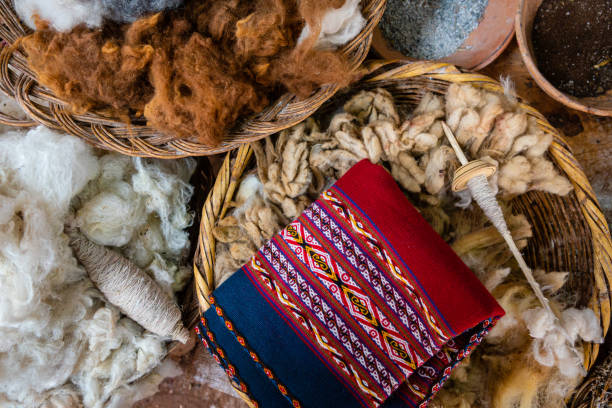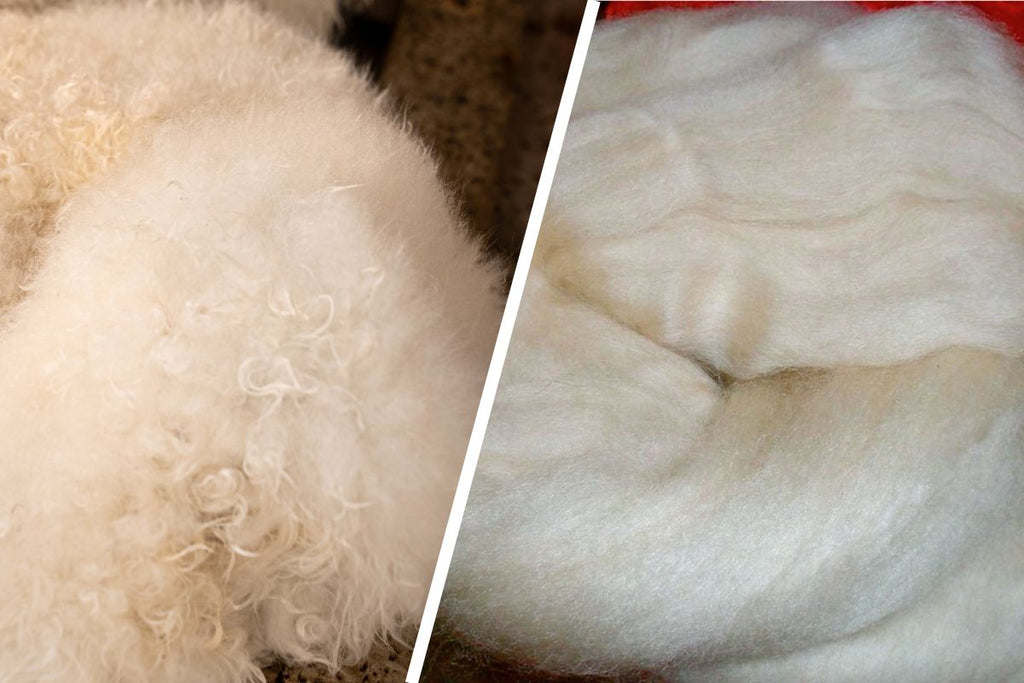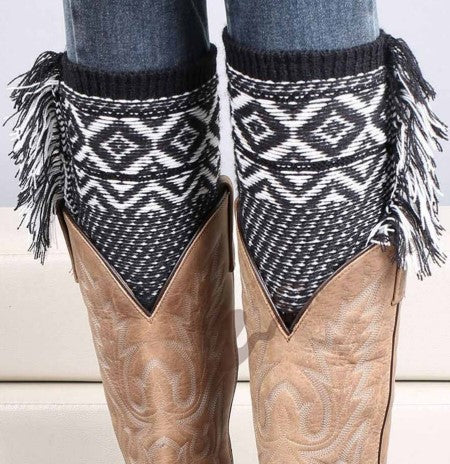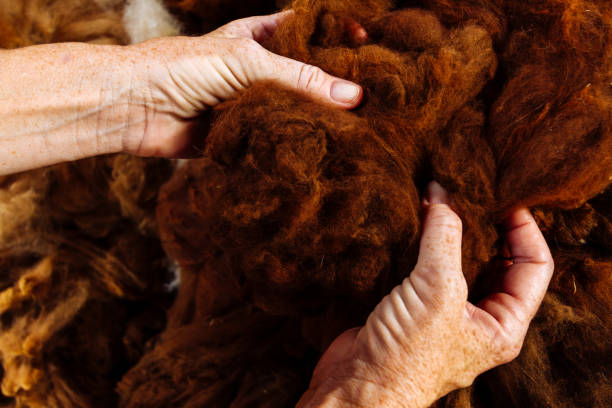
Alpaca vs. Cashmere: Which is Softer, Warmer, and More Durable?
For centuries, cashmere has been the gold standard of luxury wool, but a rising star is challenging its reign—alpaca wool. If you're searching for the best luxury wool fabric for warmth, softness, and durability, it's time to rethink everything you know about premium fibers.
In this in-depth guide, we’ll break down the key differences between alpaca and cashmere, compare their performance in extreme conditions, and explore why alpaca is becoming the top choice for eco-conscious consumers and high-end fashion brands.
Key Differences Between Alpaca and Cashmere
Both alpaca wool and cashmere come from animals adapted to high-altitude, freezing environments. However, their fibers have unique characteristics that set them apart:

| Property | Alpaca Wool | Cashmere |
|---|---|---|
| Fiber Diameter | 15-36 microns (Baby Alpaca: ~18 microns) | 14-19 microns |
| Warmth | High – Hollow-core fiber traps heat better | Medium-high – Solid fiber retains warmth |
| Softness | Silky, smooth, non-itchy | Plush, cloud-like |
| Durability | Stronger, highly resistant to pilling & wear | Delicate, prone to thinning & pilling |
| Hypoallergenic | Yes – No lanolin, ideal for sensitive skin | No – Contains lanolin, potential allergen |

Understanding these differences is crucial when choosing between alpaca wool vs cashmere for your next investment piece.
Which is Warmer: Alpaca or Cashmere?
If you’re layering up for an icy mountain trek or a frigid winter commute, warmth is key. So, which is warmer: alpaca or cashmere?

Alpaca fibers have a unique advantage: their semi-hollow core traps heat far better than cashmere's solid structure. This means alpaca wool provides superior insulation, keeping you warm without adding bulk. And because alpaca fibers are naturally moisture-wicking, they regulate temperature more efficiently—so you stay cozy without overheating.
Considering these factors, alpaca wool is the clear winner when it comes to warmth.
Softest Wool for Clothing: Alpaca vs. Cashmere
Cashmere has long been associated with luxury because of its ultra-fine fibers, giving it that classic buttery softness. But baby alpaca wool—with fibers as fine as 18 microns—offers a smooth, silk-like texture that rivals top-tier cashmere.

Unlike cashmere, alpaca lacks microscopic scales, meaning it glides smoothly against the skin without irritation. This makes it a great option for those who love softness but find traditional wools itchy.
For ultimate softness, both fabrics excel—but for those with sensitive skin, alpaca may be the better choice.
Most Durable Natural Wool: Alpaca or Cashmere?
A luxury wool sweater should be a long-term investment, not a seasonal fling. If durability matters to you, alpaca wool outperforms cashmere in nearly every way.
Cashmere, while incredibly soft, is fragile. It’s prone to pilling, thinning, and breaking down with frequent wear. Alpaca, on the other hand, has a stronger fiber structure, naturally resisting pilling and holding its shape over time. This means alpaca garments require less maintenance and last significantly longer than their cashmere counterparts.
If longevity is a priority, alpaca wool is undeniably the better investment.
Best Luxury Wool Fabric for Fashion
Luxury is about more than just softness—it’s about quality that stands the test of time.

Cashmere may have dominated high-end knitwear for decades, but fashion houses are increasingly turning to alpaca for its unbeatable blend of warmth, durability, and sustainability. Whether in coats, scarves, or sweaters, alpaca wool provides long-lasting beauty and performance, making it a smarter choice for premium fashion.
As high-end designers shift towards eco-conscious materials, alpaca is emerging as the future of luxury wool.
Hypoallergenic Wool Comparison: Alpaca vs. Cashmere
For those with sensitive skin or allergies, alpaca wool is a game-changer. Unlike cashmere, which contains lanolin (a common irritant and allergen), alpaca is completely lanolin-free.

This makes it a naturally hypoallergenic choice, perfect for anyone prone to itching or allergic reactions.
If you’re searching for the best wool for sensitive skin, alpaca is the safest and most comfortable option.
Sustainability: Which Wool is Greener?
In a world increasingly concerned with environmental impact, choosing sustainable fabrics matters.

- Alpacas are low-impact animals. They graze gently, don’t damage soil, and require far less water than cashmere goats.
- Cashmere production, on the other hand, has led to overgrazing and desertification in regions like Mongolia and China, causing serious environmental degradation.
- Unlike cashmere, which requires heavy chemical processing, alpaca wool is naturally clean and free from lanolin, meaning it needs fewer resources to produce.
When it comes to sustainability, alpaca wool is the undeniable winner.
Why Top Brands are Choosing Alpaca Over Cashmere
The future of luxury fashion is changing, and alpaca is leading the way. More brands are embracing alpaca wool vs cashmere for its durability, warmth, and ethical sourcing. With its silky softness, natural resilience, and eco-friendly benefits, it’s no wonder alpaca is redefining premium textiles.
So, if you’re looking for the best luxury wool fabric that offers incredible warmth, unmatched durability, and sustainability, alpaca is the clear choice.
Ready to experience the unparalleled quality of alpaca wool? Explore our collection at The Alpaca Factory and upgrade to a more sustainable kind of luxury.